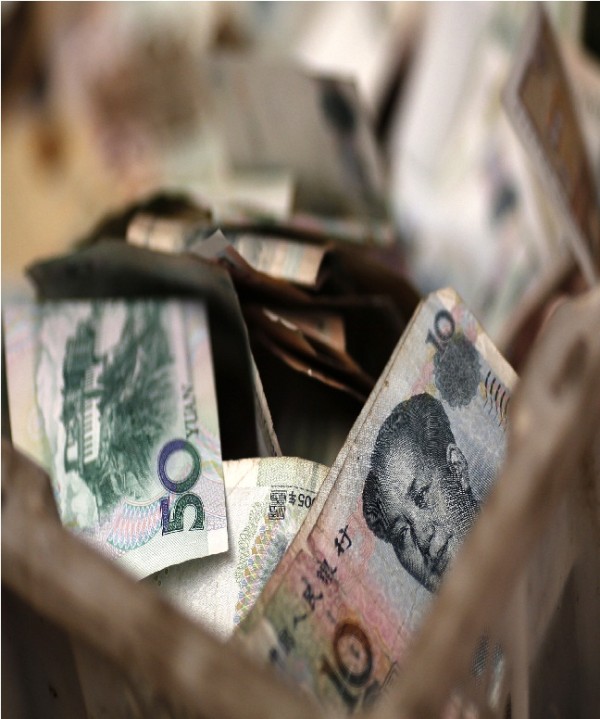The recent and continuing deterioration of China's economy spells the possibility of the next global recession, according to some expert economist. Many experts feel that China, the world's second biggest economy, is currently facing major economic problem.
According to The Guardian, experts are still trying to contain the unprecedented drop of share prices after the economic bubble burst which was fueled by major retail investors. On top of that, China stunned the rest of the global stock market after two weeks of consecutive drop of the Chinese Yuan value.
According to industry experts, the significant drop of the Yuan stands as a distress signal signifying the current economic problem that China is facing.
Following Yuan's two consecutive weeks of devaluation and a weak market close on Aug. 18, experts from Dutch Banking corporating International Netherlands Group (ING) told Reuters, "We think yesterday's stock market crash (in China) reinforced yuan depreciation sentiment, which will encourage more capital outflows, necessitating more open market operations and ultimately a reserve requirement ratio cut in the current quarter."
Markets in Asia were severely hit by the recent plunge of China's economy. Following the economic problem experienced by the Chinese stock market, the Vietnam currency subsequently followed. Japan's Nikkei index have also seen one of its lowest dive in months.
Additionally, the Indonesian rupiah, Malaysian ringgit and Thai baht also reported major loss. This simply shows how important and significant China's economy is, whether in the Asian region or the worldwide market.
In Europe, shares were also affected. The downward spiral of China's economy have severe impact on the European market which is currently recovering from the recent Greek bailout. Major European equity markets reported loss amounting to about 0.7 to 1.2 percent.


